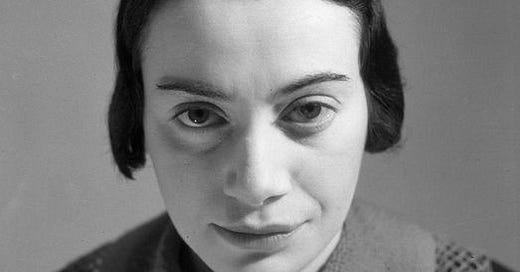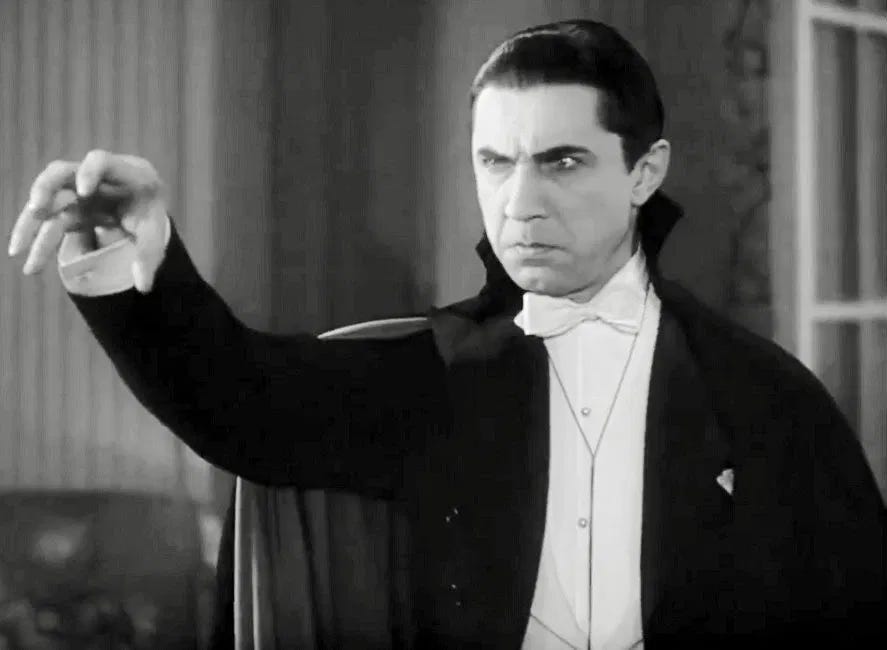In memory of Dora Gerson †
Eighty years ago the Jewish German cabaret singer and actress of silent movies, Dora Gerson was murdered with her family in Auschwitz.
Born Dorothea Gerson in Berlin, Dora was of Polish Jewish descent and had grown up in Berlin in a well-off environment. People who knew Dora Gerson described her as a serious young woman with sad eyes and sleek black hair. She had become an actress at the Volksbühne theater in Berlin after drama school. She led a rather wild life as a young woman and married Veit Harlan, who would later make the anti-Semitic film Jud Süss, by request of Nazi Propaganda Minister Josef Goebbels. Their marriage was not a success.
In 1920, Dora Gerson was cast to appear in a film adaptation of the Karl May novel Auf den Trümmern des Paradieses (In the Rubble of Paradise). Later that year she was cast for another adaptation of May entitled Die Todeskarawane (The Death Caravan). The movie also included Hungarian actor Bela Lugosi, best known for portraying Count Dracula in the 1931 version of the film.
Dora continued to perform as a popular cabaret singer throughout the 1920s as well as acting in movies. By 1933 however, when the Nazis came to power in Germany, the German-Jewish population was systematically stripped of rights and Gerson's career slowed dramatically.
Blacklisted from performing in "Aryan" films, Dora began recording music for a small Jewish record company. Her best-remembered recording from this era is the song "Vorbei" (Beyond Recall). The song, an emotional ballad is subtlely memorializing Germany before the rise of the Nazi Party.
They're gone beyond recall
A final glance, a last kiss
And then it's all over
under the frame of eternity
A final word, a last farewell
Vorbei (Translated text to English)
In 1936 Dora relocated with relatives to the Netherlands in order to flee Nazi persecution. Dora had toured the county together with the young left-win cabaret ensemble the Ping Pong group a few years earlier.
In 1938 Nora dubbed the voice of the Evil Queen in the German language film release of the animated Walt Disney Productions film Snow White and the Seven Dwarfs.
Dora had now married a second time to Max Sluizer a neat intelligent Jewish textile man who broke off his engagement for her. They led a happy life in Amsterdam and they had a little daughter Miriam who would become their destiny.
Dora wrote a diary during these years that now appears to have been lost but was read by Dutch cabaret artist and publicist Jacques Klöters who is a source of the next part of this story.
Much of the diaries centered on her love for her baby daughter Miriam. Miriam had a stubborn and will-strong character and Dora goes to consult Jungian hand reader Julius Spier in Amsterdam for help. Spier advises Dora to let the child cry when she wants to cry. Spier’s advice will prove to become a fatal one and play a part in their tragic destiny.
On May 10, 1940, Germany invaded the Netherlands and the country capitulated in just ten days. Soon, the Jews of the Netherlands were subject to the same anti-semitic laws and restrictions as in Germany. After several years of living under oppressive Nazi occupation, the Gerson family began to plan to escape.
In 1942 Dora and her family were seized trying to flee to Switzerland, a neutral nation in World War II Europe. Dora had been able to flee to Switzerland several times, but she always gave up at the last minute. Eventually, the family left and made a successful journey to the Swiss border. There, they had to continue on foot.
On the border, they were advised to give the child an injection so Miriam would sleep and not stir up attention by crying. Dora decided not to allow her daughter the injection. Miriam then cried and all of them were caught. They were sent by railroad car to the French Drancy internment camp and later to the Nazi camp of Auschwitz.
Dora aged 43 at the time, along with her husband and their two children, five-year-old Miriam Sluizer (b. 19 November 1937) and two-and-a-half-year-old Abel Juda Sluizer (b. 21 May 1940), were all killed at Auschwitz on 14 February 1943.
Sources:
Jacques Klöters posted on 16 Nov. 2020
http://www.musiques-regenerees.fr/GhettosCamps/Camps/GersonDora.html





Thank you @berlinCompanion for letting me know about this mistake. I have now removed the stumbling stone. Warmly, Jakob
Thank you for this wonderful text about Gerson - her story is one of the most moving (among sadly so many!) fates of Berlin Jews and Jewish artists murdered or led into death by the Nazi regime. There is only one small thing that you might one to correct: this stumbling stone (Stolperstein) is not for Dora Gerson, the actress, but for Dr Dora Gerson, a physician and head doctor at a clinic in Aschersleben (Saxony-Anhalt). Dr Gerson committed suicide in 1941 - this Dora Gerson died in 1943.